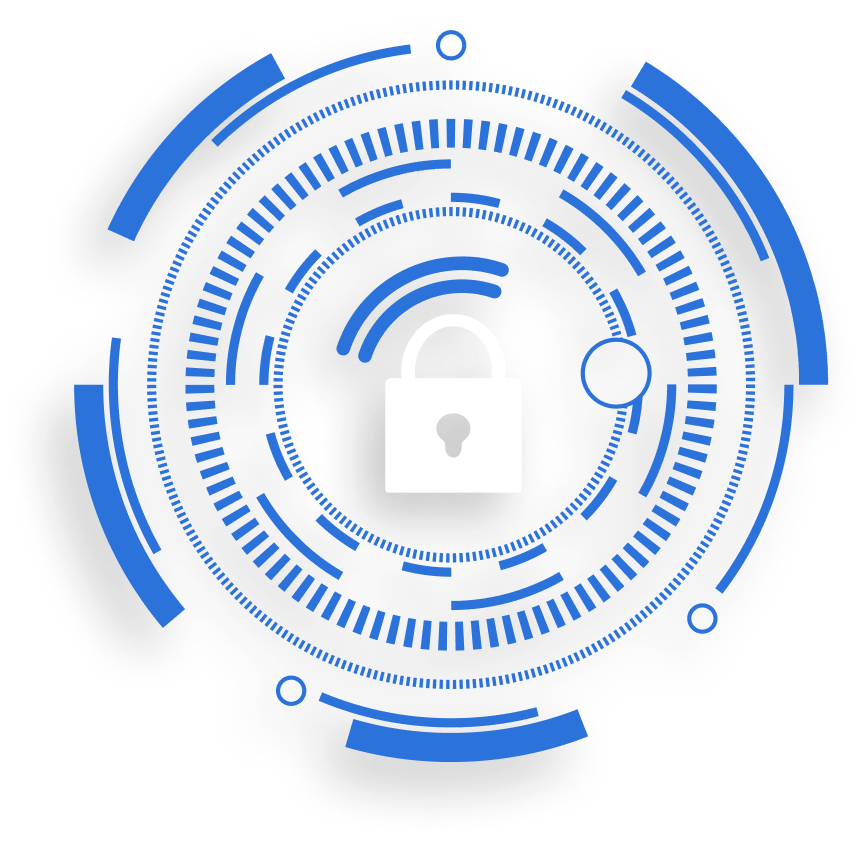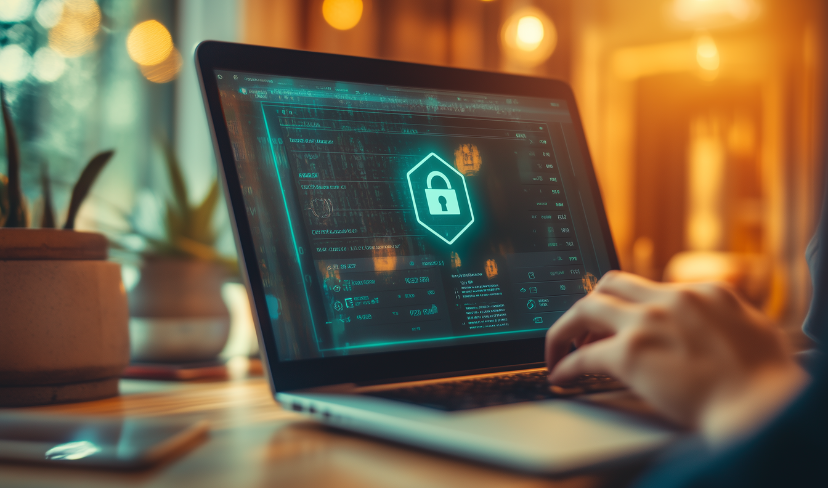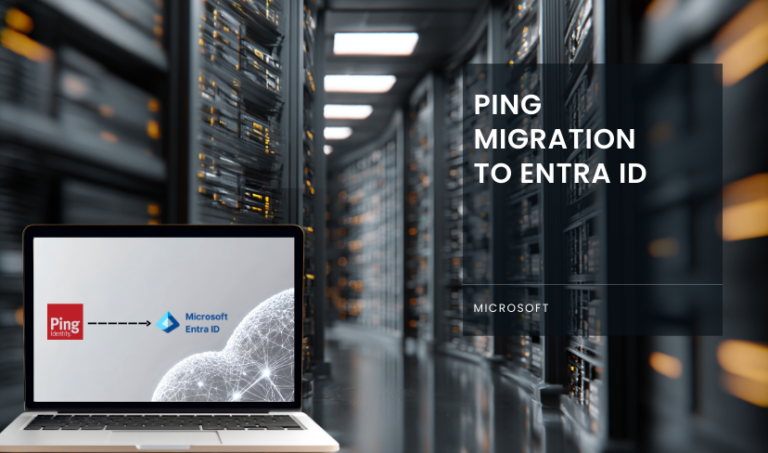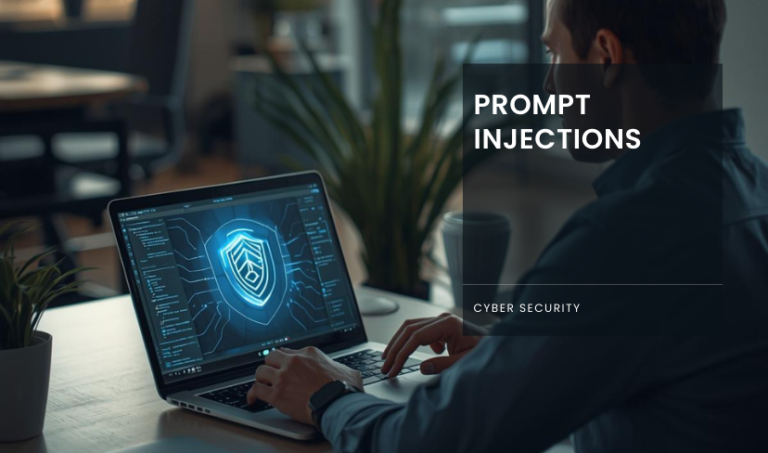Written by KRITIKA SINHA | MARKETING
The rise of remote work has transformed the modern workplace, offering flexibility and increased productivity. However, it has also introduced significant cybersecurity challenges. Are remote workers more vulnerable to cyber attacks? The simple answer is yes. But understanding the intricacies of why and how to mitigate these risks is crucial for any business.
This blog post delves into the unique cybersecurity risks faced by remote workers and explores how businesses can mitigate these threats effectively.
What is an AiTM Phishing Attack and How to Fight Back
At Transputec, we understand the unique cybersecurity challenges faced by remote workers. To address these needs, we offer a comprehensive range of services, including secure remote access solutions, endpoint security measures, robust security awareness training programs, and dedicated incident response teams.
Our goal is to provide remote workers with the necessary tools and resources to protect themselves from cyber attacks and ensure the security of their work environments.
The Increased Vulnerability of Remote Workers to Cyber Attacks
In the traditional office environment, IT departments have greater control over security measures, from firewalls to physical security. Remote workers, however, often rely on personal devices and unsecured networks, exposing them to cyber attacks. A study by IBM reported that the average cost of a data breach increased by $137,000 due to remote work, underscoring the heightened risk.
1. The Rise of Phishing Attacks
One of the most common cyber attacks targeting remote workers is phishing. The lack of face-to-face communication and increased email usage have made phishing attacks more successful. According to a Verizon Data Breach Investigations Report, 36% of breaches involved phishing, and remote workers are particularly vulnerable due to the dispersed nature of communication.
2. Unsecured Home Networks
Home networks often lack the robust security measures that corporate networks have. Remote workers might be using outdated routers or weak passwords, making them easy targets for cybercriminals. The FBI reported a 300% increase in cybercrimes since the onset of the COVID-19 pandemic, many of which targeted remote workers through their home networks.
“Transputec plays a pivotal role in supporting remote workers to prevent cyber attacks by offering a comprehensive suite of cybersecurity solutions tailored specifically for the unique challenges of remote work environments. "
Best Practices for Securing Remote Workers
To address the cyber attacks, organisations must implement a multi-layered security approach:
1. Implement Strong Access Controls:
Utilise multi-factor authentication and role-based access control to minimise unauthorised access risks.
2. Regular Security Updates:
Ensure all devices and software used by remote workers are promptly updated with the latest security patches.
3. Encrypt Sensitive Data:
Use end-to-end encryption for all communications and data transfers involving remote workers.
4. Establish Clear Security Policies:
Develop and enforce comprehensive security policies tailored to remote work scenarios.
5. Conduct Regular Security Audits:
Perform periodic assessments of your remote work infrastructure to identify and address potential vulnerabilities.
The Role of Employee Education in Mitigating Cyber Attacks
While technological solutions are crucial, employee education plays an equally vital role in answering the question, “Are remote workers more vulnerable to cyber attacks?” By fostering a culture of cybersecurity awareness, organisations can significantly reduce their risk exposure. Transputec offers comprehensive training programs that cover:
- Recognising and reporting phishing attempts
- Safe browsing and download practices
- Proper handling of sensitive information
- The importance of strong, unique passwords
Protect your Business 24/7 with Transputec!
Our Managed SOC Cost Calculator estimates potential expenses for security tools and other costs based on your requirements.
How Does Transputec Provide Support to Remote Workers
At Transputec, we understand the unique challenges that remote work presents. We offer a range of cybersecurity solutions tailored specifically to protect remote workers from cyber attacks.
1. Comprehensive Cybersecurity Solutions:
Transputec offers robust network security and endpoint protection services to safeguard remote workers from unauthorised access and cyber threats. These solutions ensure that all devices used for remote work are secure, preventing malware and other cyber attacks.
2. Security Assessments and Audits:
We conduct thorough security assessments and audits to identify vulnerabilities in remote work setups. By evaluating existing security measures, we recommend improvements to enhance overall cyber hygiene, mitigating risks before they can be exploited by cybercriminals.
3. Employee Training and Awareness:
Recognising that human error is a significant factor in cybersecurity breaches, we provide tailored training programs to educate employees on best practices for cyber hygiene. This includes phishing awareness, password management, and data protection, empowering employees to recognise and avoid potential threats.
4. Advanced Threat Detection and Response:
We employ state-of-the-art technologies for real-time monitoring of systems, ensuring that any potential security incidents are quickly identified and addressed. Our rapid response capabilities help mitigate threats and minimise impact.
5. Policy Development and Implementation:
We assist organisations in developing and implementing robust cyber hygiene policies tailored to their specific needs. This ensures consistent and effective cybersecurity practices across the entire workforce, whether they are in the office or working remotely.
6. Continuous Support and Consultation:
Transputec provides ongoing support and consultation to ensure that cyber hygiene practices remain effective and up-to-date. We stay abreast of the latest cyber threats and trends, updating their strategies and solutions accordingly to keep remote work environments secure
Conclusion:
As we’ve explored throughout this blog, remote workers are indeed more vulnerable to cyber attacks. However, with the right strategies and support, organisations can effectively mitigate these risks. Transputec’s expertise in cybersecurity for distributed workforces ensures that your remote employees can work securely and productively, regardless of their location.
Don’t let cyber attacks compromise your remote work strategy. Contact Transputec today to speak with one of our cybersecurity experts and discover how we can help secure your remote workforce against evolving cyber attacks.

Ready to Explore How We Can Enhance Your Security Posture?
Contact us today to speak with one of our experts.
FAQs
Why are remote workers more vulnerable to cyber attacks?
Remote workers are more vulnerable because they often use personal devices and unsecured networks, making it easier for cybercriminals to access sensitive information. Additionally, the lack of direct IT oversight increases the likelihood of security breaches.
How can I protect my remote workers from cyber attacks?
Implementing strong endpoint security, secure VPNs, and providing phishing awareness training are essential steps to protect remote workers. Partnering with a cybersecurity provider like Transputec can ensure your team has the necessary protection.
What are the most common cyber attacks targeting remote workers?
Phishing, ransomware, and malware are the most common types of cyber attacks that target remote workers. These attacks exploit vulnerabilities in personal devices and unsecured networks.
How does Transputec help businesses secure their remote workforce?
Transputec offers a range of services, including endpoint security management, secure VPN solutions, and phishing awareness training. We tailor our cybersecurity solutions to meet the unique needs of remote work environments.
Is investing in cybersecurity for remote workers worth it?
Absolutely. The cost of a cyber attack can far exceed the investment in cybersecurity measures. Protecting remote workers not only safeguards your business but also builds trust with your employees and clients.




